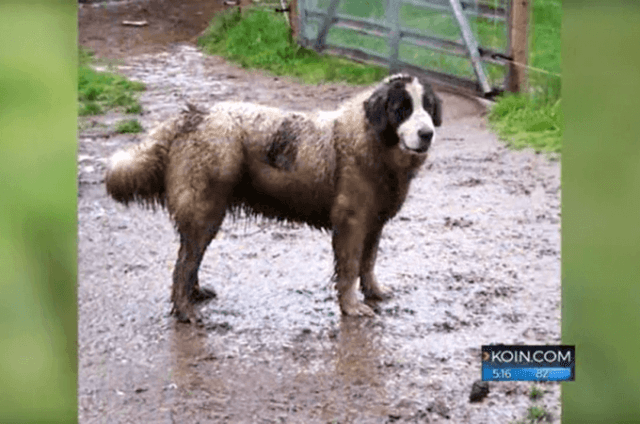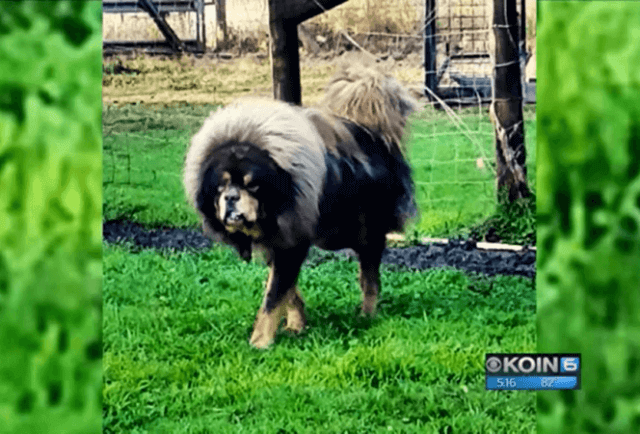An Oregon court has ruled that a couple must surgically “debark” all dogs on their sheep farm within the next 60 days. The ruling comes after neighbors endured more than a decade of nuisance barking from the collection of Tibetan and Pyrenean Mastiffs.
The Oregon Court of Appeals upheld the decision this week, stating that the dogs’ owners have not done enough to quiet their pets.
The owners of the dogs claim that the barking serves an important purpose – protecting the livestock on their property from predators.

The lawsuit was filed by neighbors, Debra and Dale Krein who said legal action was a last resort. Court documents show that the Kreins have endured barking beginning as early as 5 AM by no less that six dogs since 2002. However, they did not file suit until ten years later.

A jury awarded them $239,000 for “dealing with the public nuisance.” but the verdict and financial settlement did nothing to stop the problem. The Kreins originally requested the dogs be removed from the property. Debarking was ordered by the judge as an alternative at the request of the defendants.

Sharon Harmon, Executive Director of the Oregon Humane Society, says that surgery is not the appropriate answer, as it punishes the dogs rather than the defendants.
“Really? This is where we are? We have to surgically debark a dog when we can do so many other things?” she said. “I’m really perplexed why a judge would make a dog pay for the owner’s responsibility in this case.”
According to the Humane Society Veterinary Medical Association, debarking or Ventriculocordectomy “refers to the surgical removal of the vocal cords.”
Devocalization procedures may be “partial,” meaning only a portion of the vocal cords are exracted, or “total” where the majority of the vocal tissue is removed. The HSVMA goes on to describe the procedure as invasive and not highly effective.
“Often only the volume and/or pitch of animals’ voices are changed by these procedures. Their altered voices have been described with varying sounds ranging from lower, harsher, more muffled to raspy, wheezy, screechy and high‐pitched.”
What do you think of the court’s decision in this case?
H/T & Featured Image via KOIN6 News
